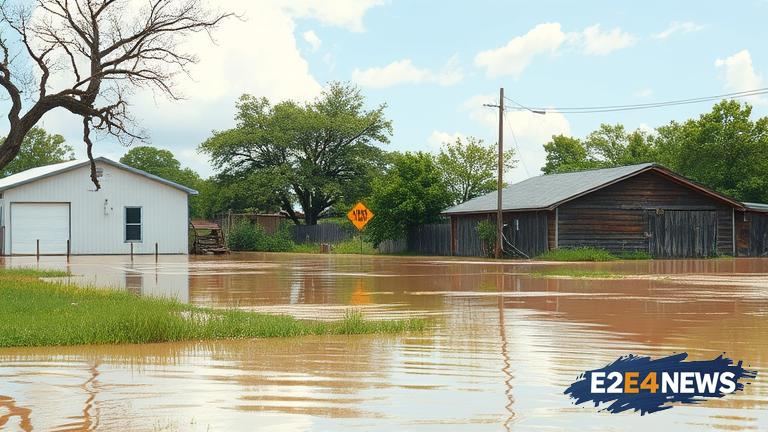Texas lawmakers have been criticized for largely ignoring recommendations aimed at helping rural areas, like Kerr County, prepare for flooding. Despite the devastating effects of flooding in these regions, lawmakers have failed to implement measures to mitigate the risks. The lack of action has left many communities vulnerable to the dangers of flooding, which can have catastrophic consequences. In recent years, Texas has experienced some of the worst flooding in its history, with rural areas being disproportionately affected. The recommendations, which were made by experts and stakeholders, included measures such as improving flood mapping, enhancing flood warning systems, and increasing funding for flood mitigation projects. However, these recommendations were largely overlooked by lawmakers, who instead focused on other priorities. The consequences of inaction are far-reaching, with rural communities facing significant economic, social, and environmental impacts. Flooding can damage homes, businesses, and infrastructure, leading to significant economic losses. It can also disrupt essential services, such as healthcare and education, and have a profound impact on the mental health and wellbeing of residents. Furthermore, flooding can also have significant environmental impacts, including water pollution and habitat destruction. The lack of action from lawmakers has been attributed to a range of factors, including a lack of understanding of the issues facing rural areas and a lack of political will to address them. Additionally, the state’s budget priorities have been criticized for favoring urban areas over rural ones. The situation is particularly concerning in Kerr County, which has experienced significant flooding in recent years. The county’s rural location and lack of resources make it particularly vulnerable to the effects of flooding. Residents and local officials are calling on lawmakers to take action to address the issue, including implementing the recommended measures and providing additional funding for flood mitigation projects. The issue is not just a local one, but a statewide concern, with many rural areas facing similar challenges. As the state continues to grow and develop, it is essential that lawmakers prioritize the needs of rural areas and take action to address the risks associated with flooding. By doing so, they can help to protect the lives, livelihoods, and environments of rural communities, and ensure that these areas are resilient and sustainable for generations to come.
